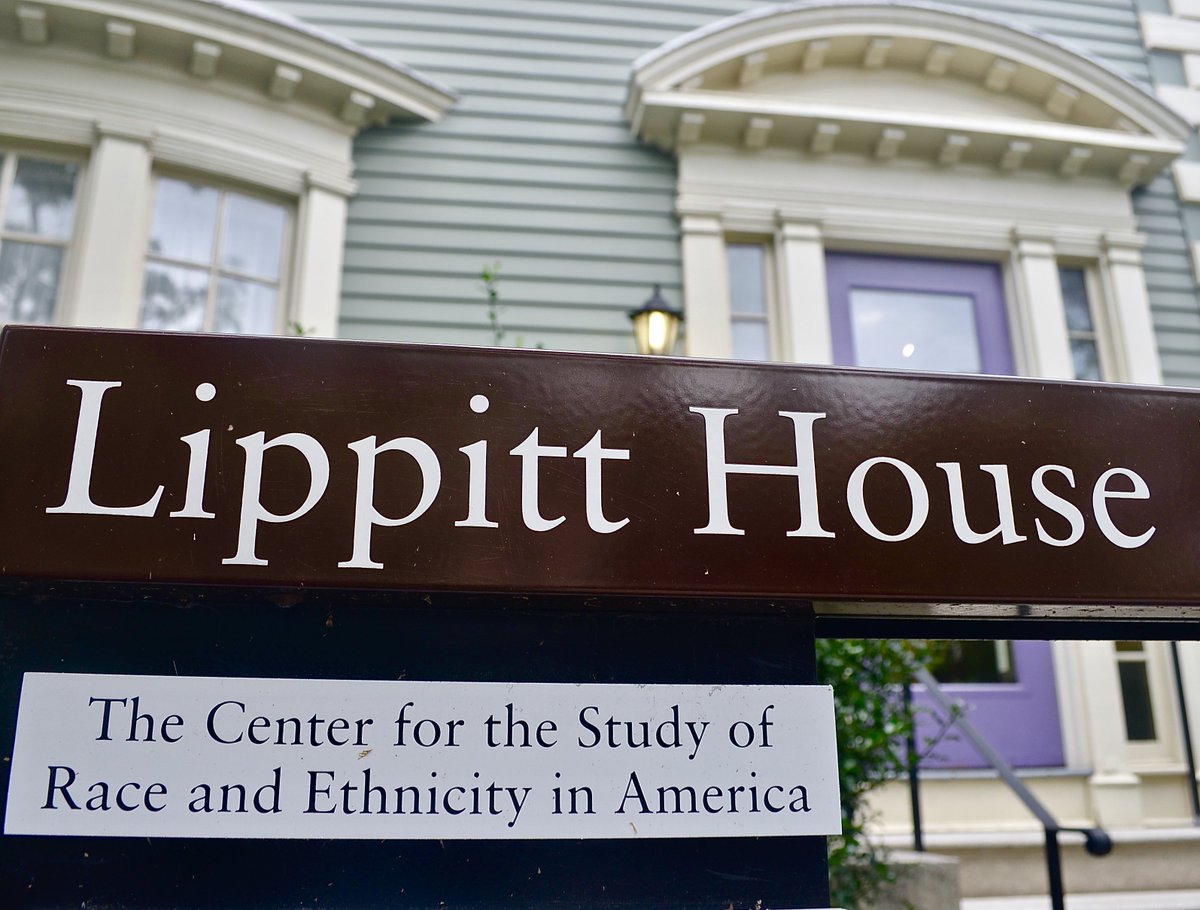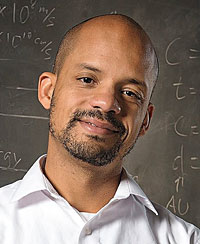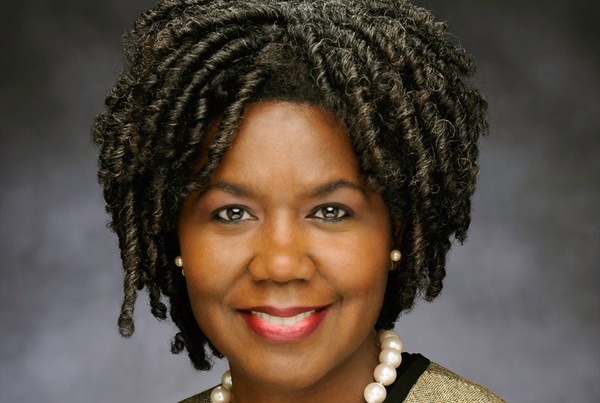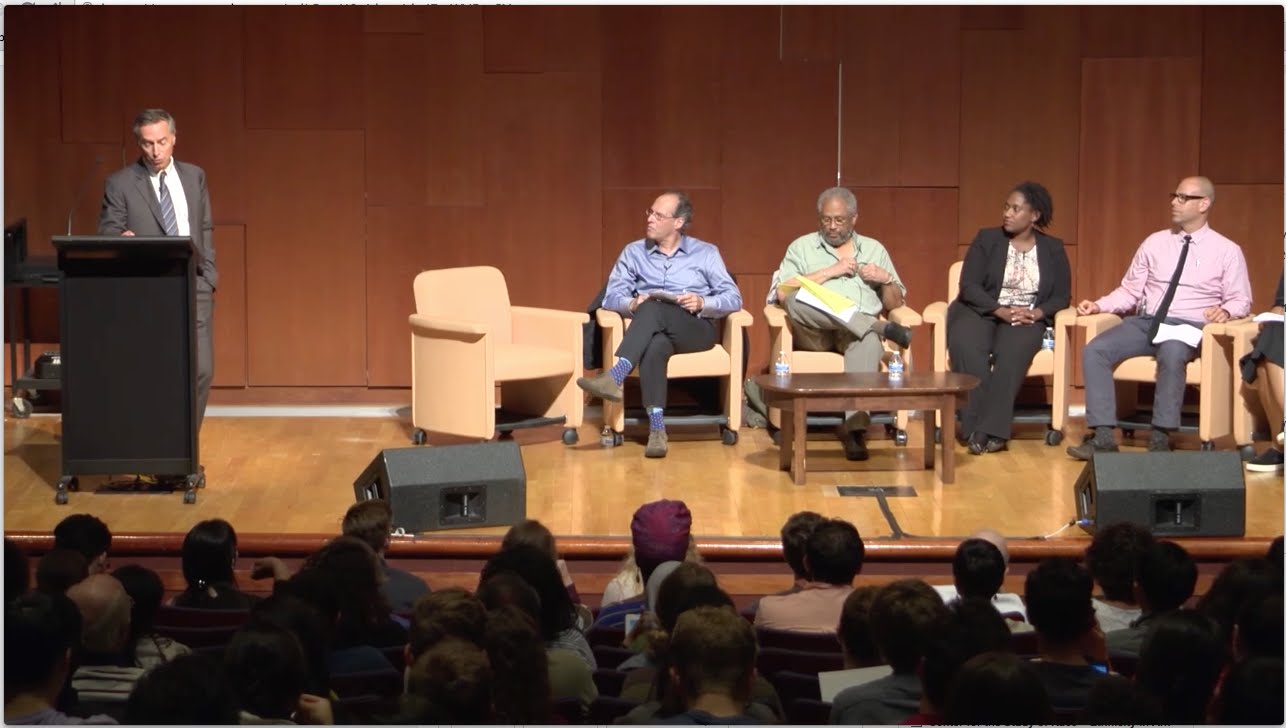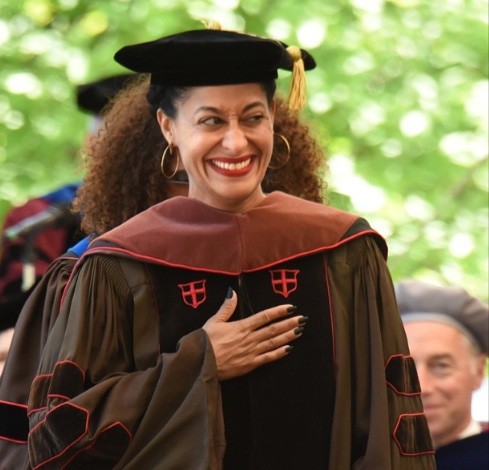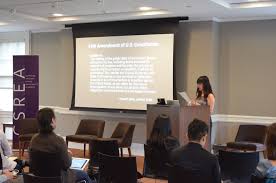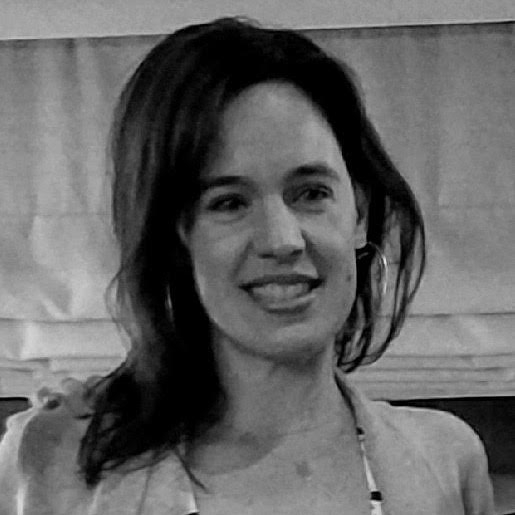Lunchtime Conversation with Prof. Paula T. Hammond

CSREA Conference Room, Hillel 303
The Center for the Study of Race and Ethnicity in America (CSREA) will host a small, informal lunchtime conversation with Prof. Paula Hammond, Professor of Chemical Engineering, M.I.T., who will share her experiences as an African-American professor and researcher in STEM. What kinds of obstacles do underrepresented minorities face in STEM fields? What kind of strategies helped clear pathways? Prof. Hammond will answer these and other questions you have for her.


